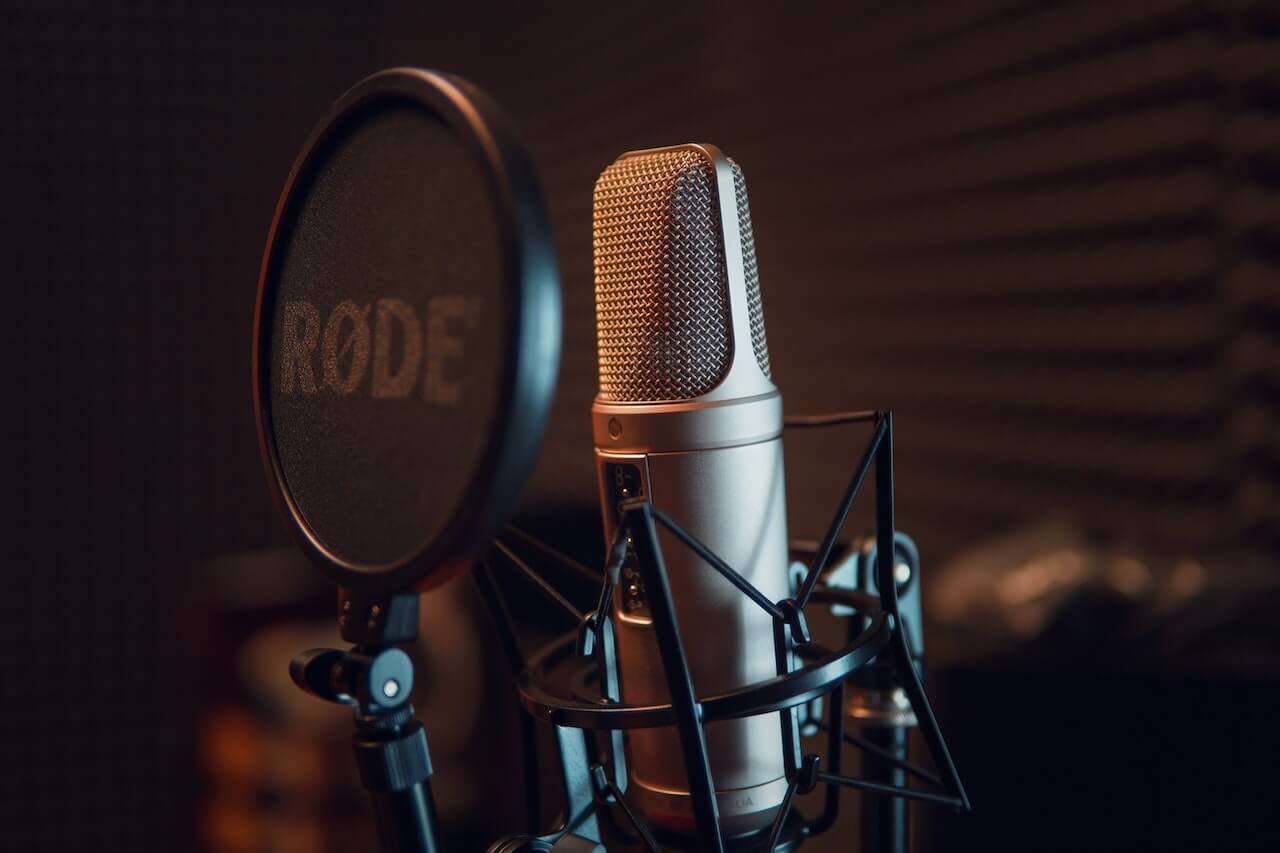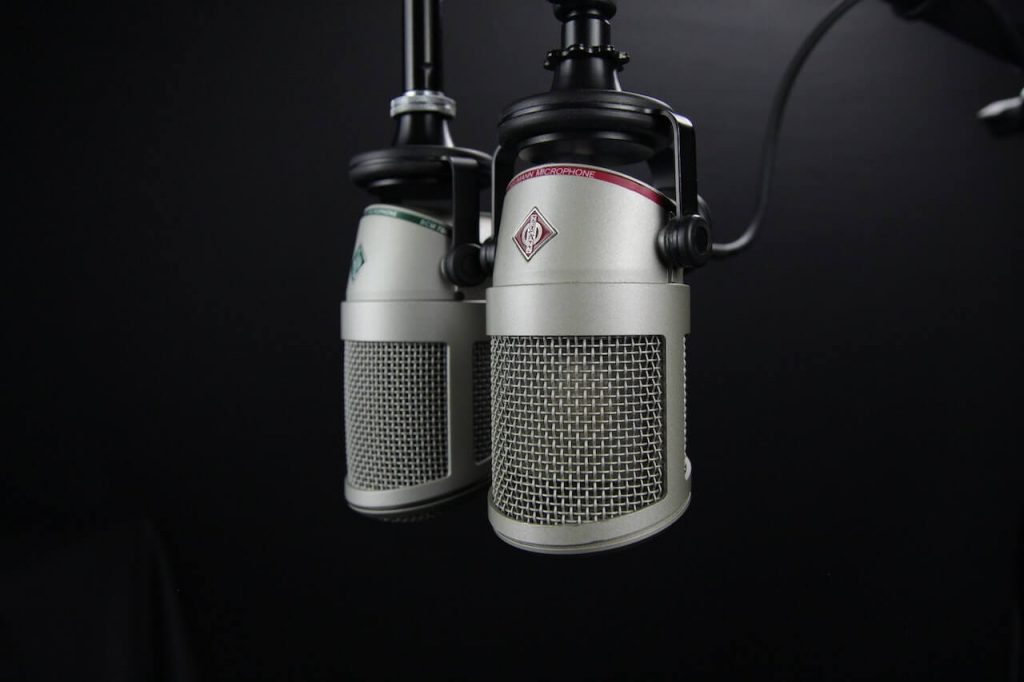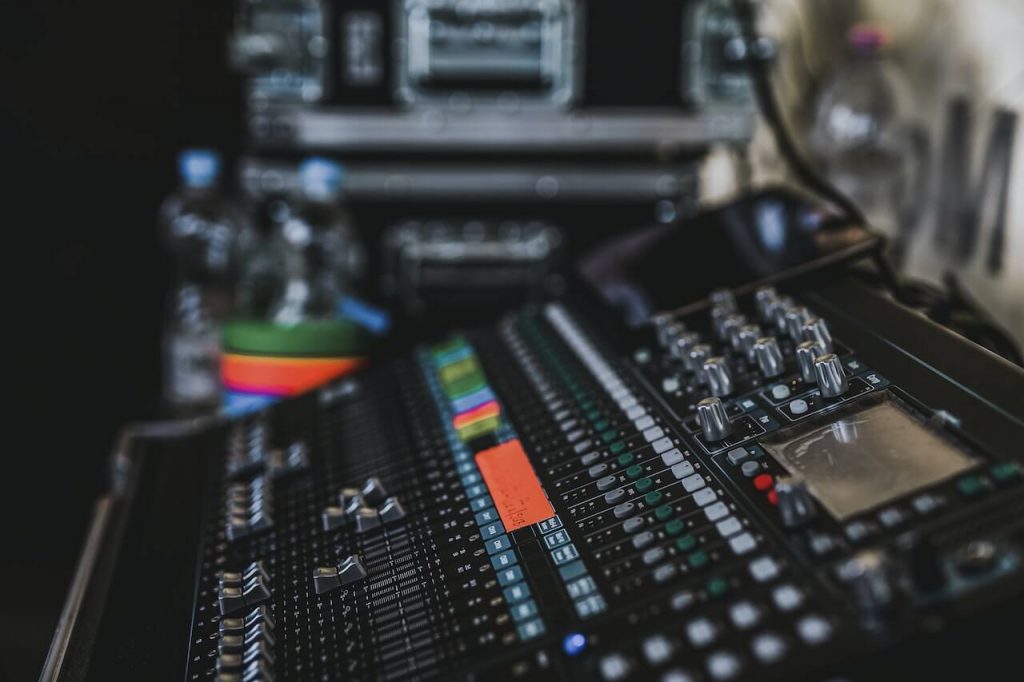
Audiobooks have become increasingly popular in recent years, with more and more people opting to listen to books rather than read them. As a result, there is a growing demand for high-quality audiobook recordings. Creating a professional-sounding audiobook requires more than just a good voice; it also requires careful attention to sound quality and technical details. In this article, we’ll share five tips for creating high-quality audiobook recordings.
Tip #1: Choose the right recording environment
The environment in which you record your audiobook can have a big impact on the overall sound quality. You want to choose a space that is quiet, free from echoes, and has good acoustics. A room with carpeting, drapes, and other soft furnishings can help absorb sound and create a warmer, more natural sound.
If you don’t have access to a quiet space with good acoustics, you may want to consider creating a DIY recording booth. This can be as simple as setting up a small recording area in a closet or using a portable sound booth.
Tip #2: Invest in high-quality equipment
Investing in high-quality recording equipment is essential for creating a professional-sounding audiobook. This includes a good microphone, audio interface, headphones, and recording software. While you don’t necessarily need to break the bank, it’s important to choose equipment that is reliable and produces high-quality sound.

Tip #3: Optimize your recording settings
In addition to having the right equipment, it’s important to optimize your recording settings to achieve the best sound quality possible. This includes adjusting the sample rate, bit depth, and buffer size in your recording software. You may also want to experiment with different microphone polar patterns to find the one that works best for your voice and recording environment.
Tip #4: Use the proper microphone technique
Using proper microphone technique is essential for capturing clear, natural-sounding audio. This includes maintaining a consistent distance from the microphone, avoiding plosives (popping sounds caused by p, b, and other consonants), and minimizing background noise. A pop filter or windscreen can also help reduce plosives and other unwanted noises.
Tip #5: Edit and master your recordings
Even the best recordings can benefit from some editing and mastering. This includes trimming mistakes or extraneous noises, adjusting levels and EQ, and applying compression and other effects to create a consistent sound throughout the audiobook. You may also want to consider hiring a professional audio engineer to help with the editing and mastering process.

Conclusion
Creating a high-quality audiobook requires more than just a good voice. By choosing the right recording environment, investing in high-quality equipment, optimizing your recording settings, using proper microphone techniques, and editing and mastering your recordings, you can create a professional-sounding audiobook that will delight listeners.
FAQs
A: You should choose a high-quality, directional microphone suited to your voice and recording environment.
A: There are many recording software options available, including Audacity, Adobe Audition, and Pro Tools. Choose one that you feel comfortable using and that has the features you need.
The time it takes to record an audiobook can vary depending on several factors, including the length of the book, the complexity of the text, and the quality of the recording equipment. However, as a general rule of thumb, it can take several hours of recording time for every finished hour of audio.
: While a soundproof recording studio can certainly help create a high-quality recording, it is not necessary. With the right recording environment and equipment, you can achieve a professional-sounding audiobook from the comfort of your own home.
e many ways to market your audiobook, including using social media, running ads on platforms like Amazon and Audible, and reaching out to book bloggers and reviewers. It’s also important to have a strong online presence and to engage with your listeners to build a following.

